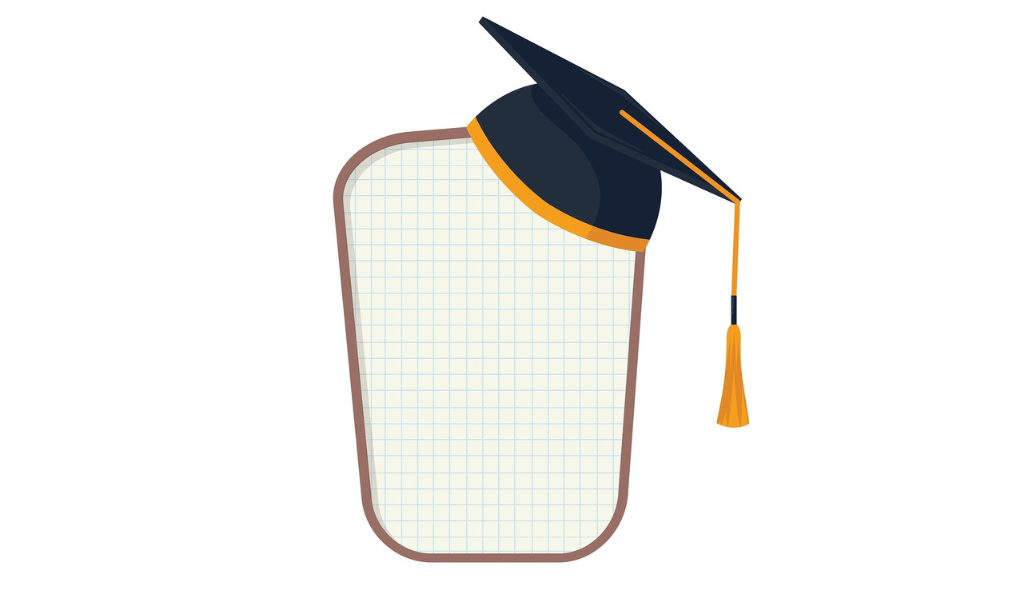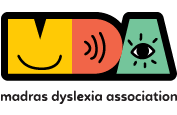
The Dyslexic Mind in Higher Education
Understanding SLD
By Reena Gupta
“If you have dyslexia, why are you even trying to be a doctor?” asked an assessor to one of my students, Raahi. a grade 12 student back then. She had her reply ready – “because I know how to work hard”. The assessor didn’t ask anything further and Raahi went ahead with her NEET exam. Today, she is a medical student at one of the most prestigious colleges in India.
In case you’re wondering if dyslexia is playing out in Raahi’s daily academics – yes, it surely is. Staying true to her reply to the assessor earlier, she is working her heart out to be a specialised doctor one day. She has a new challenge on hand though – explaining about her academic needs to her professors and the management. Why does she take longer to decode the complex medical terminologies? Why does she spell some words differently? Why does she need extra time in her exams?
It’s exhausting for her.
Students with dyslexia do not outgrow their challenges with reading and writing and thus the support for them has to extend through their academic journey. The ones who receive this support during their school years need to continue with it when they transition to a college and others who go unidentified earlier should have the option of taking assessments later on, understand their own learning profiles even as an adult, and then seek support, if needed. The gap in support system at higher education level in India puts added strain on these students for increased academic performance, firstly to compete with their neurotypical peers at the stage of admission to colleges and then during their study years. It is only recently that a few colleges have started to address this concern and so there is hope that more of them will follow suit.
Another student of mine, Meher decided not to declare her diagnosis of dyslexia at the university she is pursuing Psychology. She received full support from her parents and teachers during her school years, but for her higher education, she wanted to start ‘afresh with no labels.’ Meher is a confident problem solver and a critical thinker, yet she has struggled to keep her academic grades up at the university. She refuses to take any kind of help from her professors in terms of academic accommodations for her assignments or for the examination. She contributes immensely to class discussions and shares her perspectives in the most ingenious ways. At the same time, taking notes in class, organising essays in a coherent manner, and expressing ideas in writing have been difficult for her, and that affects her grades in her assignments. It is quite clear – if Meher would make use of provisions she definitely qualifies for through her courses in each semester, she would be able to get the grades that she deserves. But she doesn’t want to, as yet.
Studying at university is completely different from being in a school system. With the amount of reading, fast-paced lectures and bombardment of activities outside classrooms, there is a lot students have to manoeuvre their day around, and if they struggle with organisation and prioritisation, it is all the more challenging for them. Developing skills to not-let-oneself fall behind and to self-advocate are essential for college success for students with dyslexia. For example, informing the professors about the reason for their grammatically incorrect sentences can make the professors grade their papers differently, which in turn will mean the stark difference between doing well and struggling.
Kamal struggled with executive functioning skills during his undergraduate days as a computer science student at a university that had no interest in understanding his invisible condition of dyslexia. Despite carrying a formal diagnostic report with him, he was told from day one, not to expect anyone to do anything about it. For Kamal, this was hardly news though. He hadn’t received much help in his school years too. At college, he had never been able to complete his work on time, would always ask for extensions, and invariably got grade cuts because of late submissions. He also found it difficult to interact and socialise. On one hand, dyslexia affected his organisation skills and social relationships quite significantly and on the other, it also made him persevere and work with perfection even if that meant studying without sleeping for hours. He graduated with a high average cumulative grade score and is currently pursuing Masters overseas. He’s still looking for ways to manage his anxiety around assignment submissions but one thing he has started to prioritize now – expanding his circle of friends.
Students with dyslexia or any other specific learning disability, who may be pursuing their higher education even in well-informed and fairly inclusive universities may have significant difficulty with executive functioning skills that involves planning, managing time, stay motivated, persevere and complete the task at hand. College years are specifically challenging if, in school years, these students were dependent on their families or educators to organise their day and curriculum.
All of the above puts the spotlight on higher education institutions in India to understand the real challenges students with dyslexia face in everyday academics. They need to ensure necessary provisions that enable these students pursue education seamlessly and chart out their unique path with a very realistic sense of their challenges but more of their strengths.
To all our Raahis, Mehers and Kamals out there in schools and colleges – you might want to know what Steven Speilberg had once said:
“You will have dyslexia for the rest of your life, but you can dart between the raindrops to get where you want to go. It will not hold you back.”
I hope to see more students with dyslexia talk about themselves, shine in the field they choose and continue to innovate, this world is thriving on.
